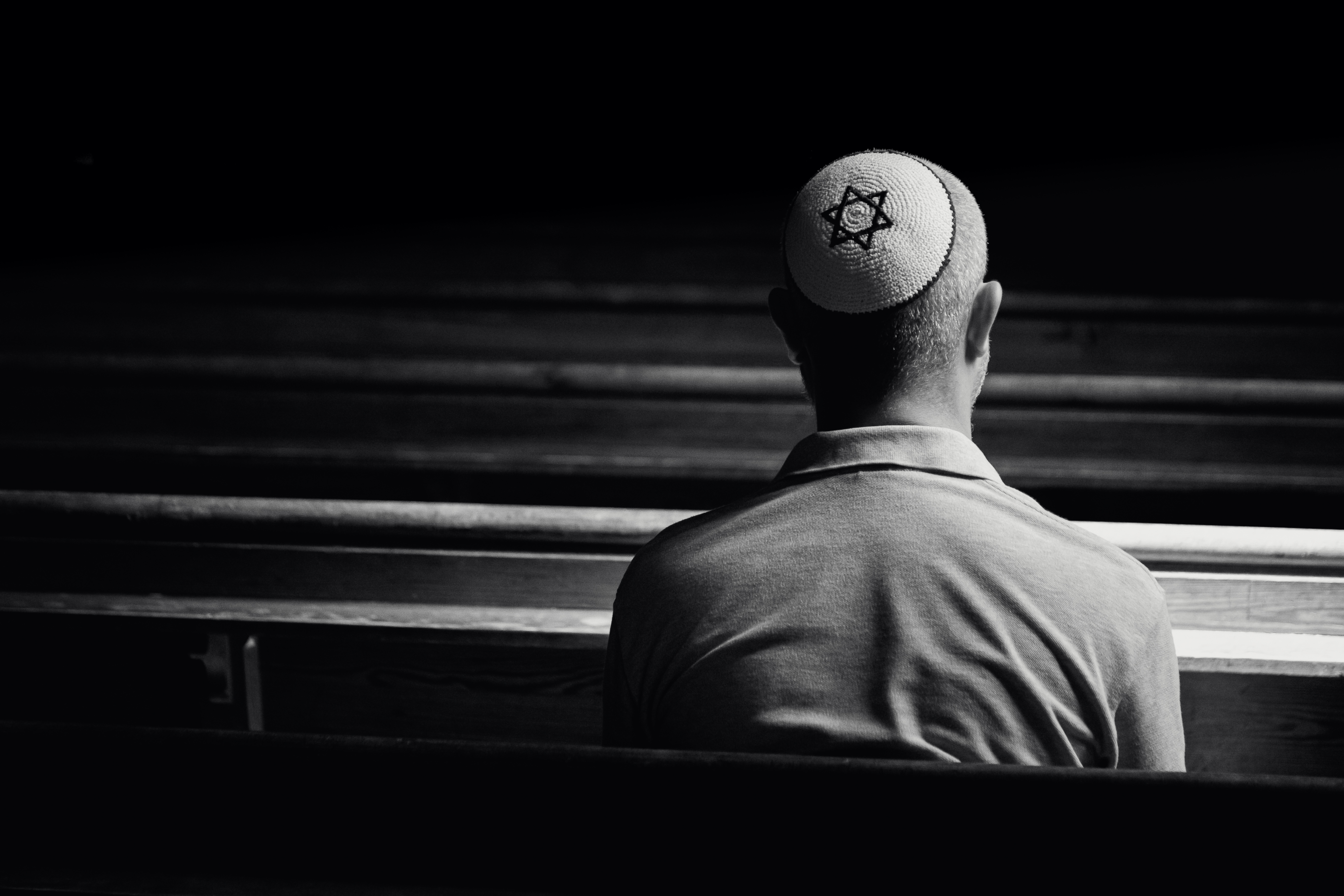
-
HOME
-
WHAT IS STANDOur Mission Our Values Our Help Contact
-
WHAT WE FIGHT FORReligious Freedom Religious Literacy Equality & Human Rights Inclusion & Respect Free Speech Responsible Journalism Corporate Accountability
-
RESOURCESExpert Studies Landmark Decisions White Papers FAQs David Miscavige Religious Freedom Resource Center Freedom of Religion & Human Rights Topic Index Priest-Penitent Privilege Islamophobia
-
HATE MONITORBiased Media Propagandists Hatemongers False Experts Hate Monitor Blog
-
NEWSROOMNews Media Watch Videos Blog
-
TAKE ACTIONCombat Hate & Discrimination Champion Freedom of Religion Demand Accountability
Antisemitic Incidents “Skyrocket” in U.S.
The U.S. has experienced an unparalleled increase in antisemitic incidents since October 7, according to a report by the Anti-Defamation League (ADL). The watchdog group documented 3,283 incidents in a three-month period, including 60 physical assaults, 553 incidents of vandalism and 1,353 incidents of harassment.

At least 505 incidents took place on college campuses, putting a lie to the notion that only “uneducated” people are antisemitic. Another 246 incidents occurred at K-12 schools.
ADL CEO Jonathan Greenblatt said, “The American Jewish community is facing a threat level that’s now unprecedented in modern history. It’s shocking that we’ve recorded more antisemitic acts in three months than we usually would in an entire year.”
“In this difficult moment, antisemitism is spreading and mutating in alarming ways.”
Among the incidents reported to ADL was a spate of swatting and false alarms, including fake bomb threats, designed to disrupt religious activities. Nearly 200 Jewish institutions were targeted during one weekend in December. Then another 91 synagogues fielded fake threats the first week of January.
In all, at least 628 incidents out of over 3,000 incidents documented targeted synagogues and other Jewish institutions as opposed to individuals.
The other incidents tracked by ADL include the cancellation of a high school basketball game in Yonkers after antisemitic abuse was hurled at players on the opposing team; the suspension of an Amazon employee who slipped a “Death to Zionists” note into a customer’s order; the arrest of a Portland woman for scrawling swastikas on a Jewish school and several businesses; and “the Holocaust never happened” postcards sent to the Newburyport city council and mayor. Each postcard included an antisemitic caricature along with its message.
“In this difficult moment, antisemitism is spreading and mutating in alarming ways,” Greenblatt said.
Deborah Lipstadt, America’s special envoy to monitor and combat antisemitism, used similar wording in a recent interview with columnist Jennifer Rubin. Lipstadt characterized antisemitism as “a virus that cannot be cured,” that shapeshifts and molds itself to fit into new circumstances and cultural outlets. Also like a virus, antisemitism deepens and spreads at times of stress. “Many of our societies are under stress,” Lipstadt said, citing the recent pandemic, wars and economic disruption as several factors that have made individuals susceptible to antisemitism. The easy solution in such times, Lipstadt explained, is to “find a boogeyman.”
Lipstadt pointed out that Jew hatred is an “equal opportunity” blight—a “most ubiquitous form of hatred, not just the oldest.”
“As long as we are blind to it in our midst, our fight against it will be futile.”






